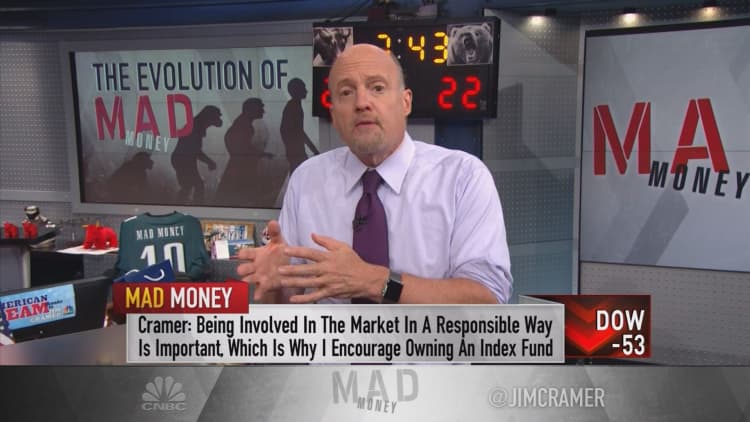A number of gloomy indicators might be pointing to a downturn in the U.S., but Deutsche Bank has detailed the case for optimism, suggesting looking back at the year 1986 might offer some reasons to be confident.
The German bank states that weak data on corporate profit margins, the Federal Reserve's labor market condition index, lackluster growth in capital expenditure and rising death rates all point to rising risks of a U.S. recession.
The bank has a 30 percent U.S. recession probability over the coming 12 months, but highlights that the economy might not be all that bad.

"The counter-argument is that the deterioration in these four indicators might be due to temporary factors ... namely, U.S. dollar strength and the drop in the oil price." a team at the German lender, led by Sebastian Raedler, said in a new note Tuesday.
"There is, in fact, a precedent: in 1986, all four signals were in place, yet the U.S. avoided a recession."
Deutsche Bank explained that the "bleak" reading on these indicators was preceded by a sharp rise in the value of the U.S. dollar and a major fall in the oil price, two scenarios which are happening in the current environment.
"What makes the comparison even more striking is that: a) 1986 was the only episode over the past 60 years in which U.S. corporate margins declined without this leading to a recession; b) it was the only episode over the past 40 years during which capex (capital expenditure) growth turned negative without this leading to a recession; c) it was the only episode over the past 30 years in which speculative default rates rose meaningfully above 5 percent without this leading to a recession," the bank added.
In April, business magnate and Republican presidential candidate Donald Trump predicted the country is on course for a "very massive recession." In an interview with The Washington Post he warned of the combination of high unemployment and an overvalued stock market.
The following days saw a list of names deride his comments including Harm Bandholz, chief U.S. economist at UniCredit Research in New York, and Sung Won Sohn, an economics professor at California State University Channel Islands in Camarillo. But better jobs data over the summer has seen the debate simmer and the Federal Reserve is expected to hike benchmark interest rates in the coming months.
Deutsche Bank, meanwhile, conceded that while there were similarities with 1986, there are important differences that make the current episode more precarious. It said that U.S. profit growth is likely to remain weak, corporate leverage looks more problematic, monetary policy has less scope to be supportive and employment growth is unlikely to accelerate.


